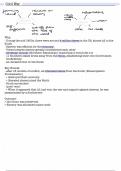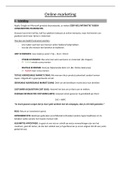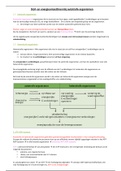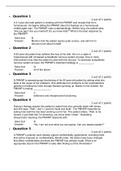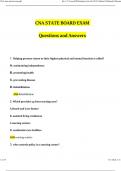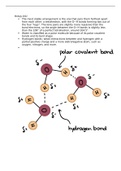Lecture notes
Lesson notes The making of a Superpower: USA,
- Institution
- AQA
Concise A-level lesson notes covering the entire course, made by a sixth form student aiming for top grades. Includes textbook notes, summaries, timelines, tables, graphs and mind maps which clearly set out information.
[Show more]
